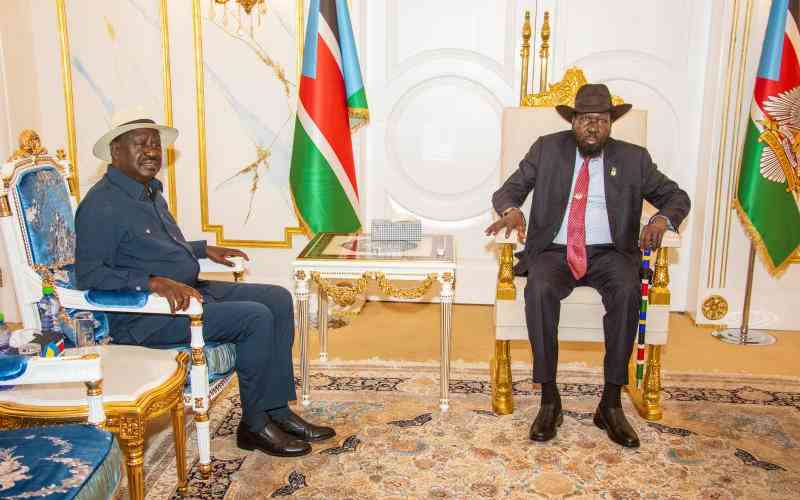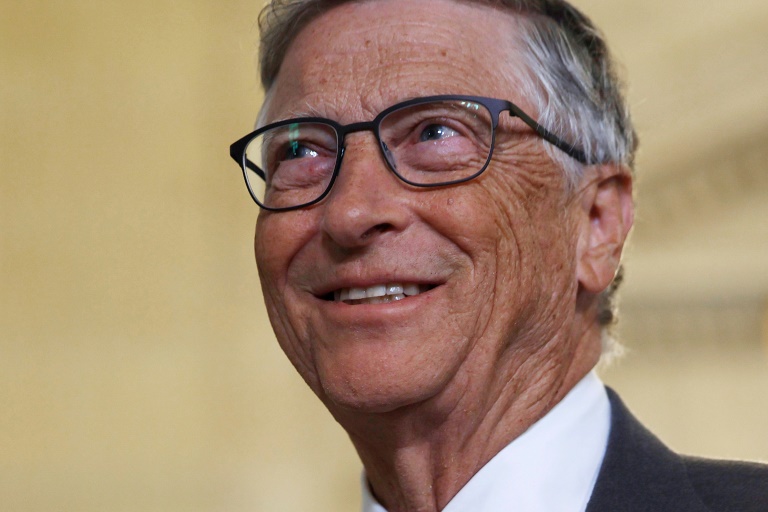Key Figures in Microsoft's History

Microsoft, a tech behemoth, has been shaped by the visions and actions of four key figures over the past half-century: Bill Gates, Paul Allen, Steve Ballmer, and Satya Nadella. Each leader brought a unique perspective and skill set, contributing to the company's evolution from a fledgling startup to a global powerhouse.
Bill Gates: The Formidable Founder
Born in 1955, William Henry Gates III demonstrated an aptitude for software programming at a young age. In 1975, he partnered with his childhood friend Paul Allen to found Microsoft, driven by the ambition to place a computer in every office and home. Gates dropped out of Harvard to dedicate himself fully to the venture. Together, Gates and Allen developed the MS-DOS operating system, which later evolved into Windows, dominating the landscape of office computing.
Gates cultivated a reputation as a strong, albeit sometimes ruthless, leader. His aggressive business tactics drew criticism, with some arguing that Microsoft wielded its market power unfairly. This led to a successful antitrust case against the company in the late 1990s. In 2000, Gates transitioned from the CEO role to Steve Ballmer, focusing instead on the charitable foundation he established with his then-wife, Melinda. He fully resigned from Microsoft's board in 2020.
Gates's personal life also drew scrutiny. His divorce from Melinda Gates in 2021 followed the acknowledgement of an "intimate" relationship with an employee in the past. Melinda Gates also expressed disapproval of his association with the disgraced financier Jeffrey Epstein. Furthermore, Bill Gates has become a frequent target for conspiracy theorists due to his philanthropic endeavors, particularly his support for vaccine campaigns and agricultural innovations. Baseless claims have included accusations of embedding tracking chips in vaccines.
Paul Allen: The Visionary Partner
Paul Allen, born in 1953, shared a childhood friendship with Bill Gates in Seattle. Their shared interest in computers led them to bond over their technological passions. Allen's contribution was pivotal in the genesis of Microsoft. As Gates himself acknowledged, "Microsoft would never have happened without Paul." Allen identified the emerging potential of microcomputers, alerting Gates to the technological revolution underway. He is also credited with coining the name "Micro-Soft," a portmanteau of "microcomputer" and "software."
Allen departed from Microsoft in 1983 but remained a board member until 2000. Later in life, he accused Gates and Ballmer of attempting to undermine his stake in the company while he was battling cancer. Allen passed away in 2018 at the age of 65 due to complications from non-Hodgkin's lymphoma.
Steve Ballmer: The Enthusiastic Salesman
Steve Ballmer, born in Michigan, brought a different energy to Microsoft. A mathematics graduate from Harvard, Ballmer joined the company in 1980 and became known for his exuberant and demonstrative style. He succeeded Gates as CEO in 2000, becoming a central figure in internet memes and company lore due to his passionate displays at public events.
Ballmer's tenure saw Microsoft's revenue increase significantly, but critics argued that he prioritized sales over innovation. Under his leadership, Microsoft launched the Xbox video game console, Surface tablets, and the Bing search engine. The company also acquired Skype and Nokia's mobile phone division. However, Microsoft was perceived as slow to adapt to the shift towards mobile devices and cloud-based software during his time as CEO. Product failures included the Zune digital music player, Kin mobile phones, and the Vista version of Windows.
Satya Nadella: The Cloud-First Innovator
Satya Nadella assumed the role of CEO in early 2014, marking a turning point for Microsoft. Nadella, who grew up in India and honed his leadership skills through cricket, emphasized a "cloud-first, mobile-first" strategy. Hired in 1992, while studying at the University of Chicago, Nadella's background includes stints in research, business, server, and online services units within Microsoft.
Shortly after taking the helm, Nadella initiated a major reorganization of the company. He is credited with successfully transitioning Microsoft from a traditional packaged software business to a leader in cloud services. Nadella has also spearheaded Microsoft's significant investments in artificial intelligence, including partnerships with OpenAI and the integration of AI technology across its product line.
Nadella's leadership has not been without controversy. Early in his tenure, he faced criticism for suggesting that women should rely on "karma" to secure pay raises. However, his strategic acquisitions, including Mojang (maker of Minecraft), LinkedIn, and GitHub, have strengthened Microsoft's position in the tech industry.











